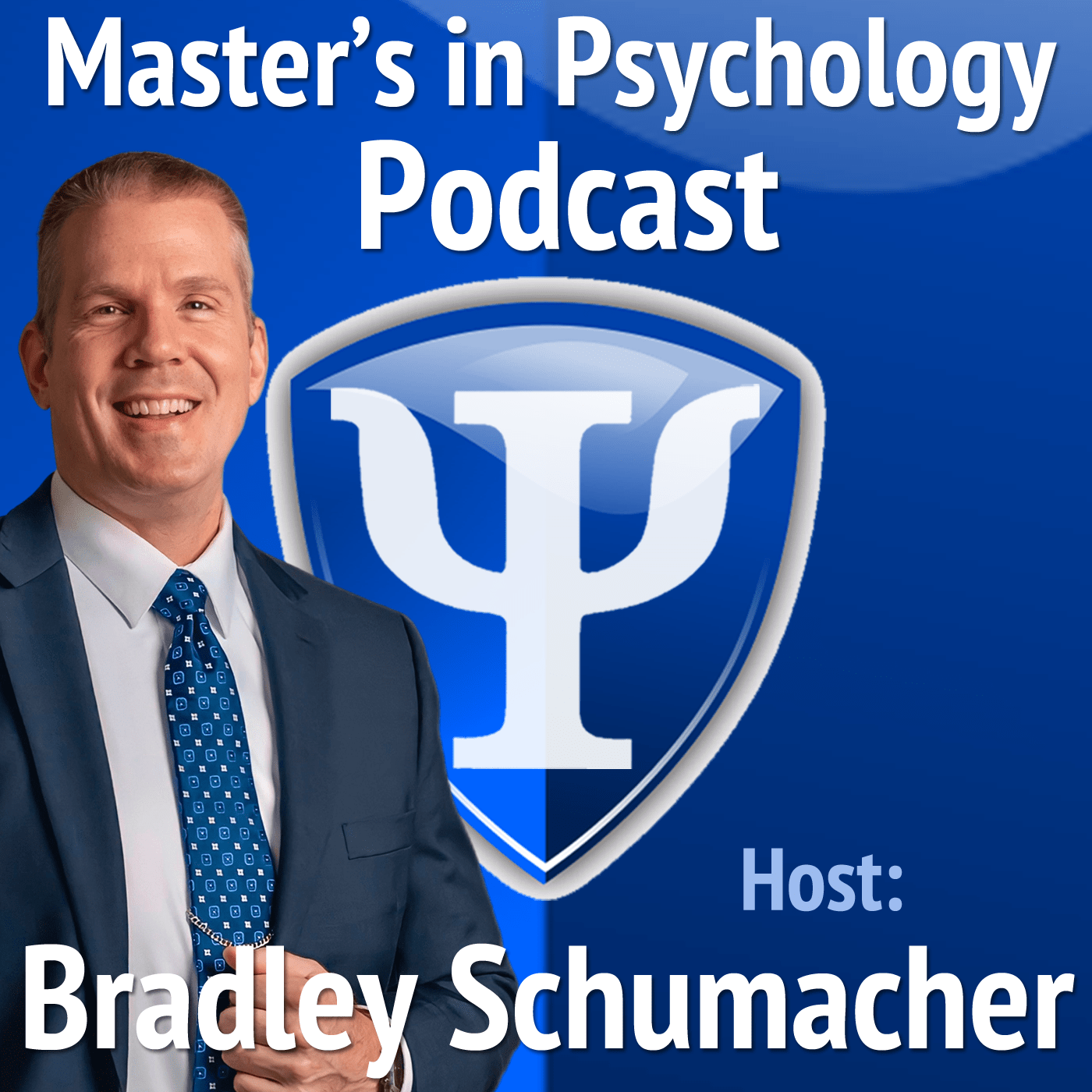- After-Shows
- Alternative
- Animals
- Animation
- Arts
- Astronomy
- Automotive
- Aviation
- Baseball
- Basketball
- Beauty
- Books
- Buddhism
- Business
- Careers
- Chemistry
- Christianity
- Climate
- Comedy
- Commentary
- Courses
- Crafts
- Cricket
- Cryptocurrency
- Culture
- Daily
- Design
- Documentary
- Drama
- Earth
- Education
- Entertainment
- Entrepreneurship
- Family
- Fantasy
- Fashion
- Fiction
- Film
- Fitness
- Food
- Football
- Games
- Garden
- Golf
- Government
- Health
- Hinduism
- History
- Hobbies
- Hockey
- Home
- How-To
- Improv
- Interviews
- Investing
- Islam
- Journals
- Judaism
- Kids
- Language
- Learning
- Leisure
- Life
- Management
- Manga
- Marketing
- Mathematics
- Medicine
- Mental
- Music
- Natural
- Nature
- News
- Non-Profit
- Nutrition
- Parenting
- Performing
- Personal
- Pets
- Philosophy
- Physics
- Places
- Politics
- Relationships
- Religion
- Reviews
- Role-Playing
- Rugby
- Running
- Science
- Self-Improvement
- Sexuality
- Soccer
- Social
- Society
- Spirituality
- Sports
- Stand-Up
- Stories
- Swimming
- TV
- Tabletop
- Technology
- Tennis
- Travel
- True Crime
- Episode-Games
- Visual
- Volleyball
- Weather
- Wilderness
- Wrestling
- Other
54: Hannah Schacter, PhD – Assistant Professor in the Department of Psychology at Wayne State University Shares Copious Practical Advice to Those Interested in the Field of Psychology
Dr. Hannah Schacter grew up in the Boston area and in a family where both parents were psychologists, so she was exposed to the field at an early age. She recalls being very interested in the idea of data and learning about other people. She states, “I remember being in fifth grade and taking surveys of things like people’s favorite ice cream flavor in my class.” As she got older, she developed an interest in working with children. She worked at summer camps and babysat, and it wasn’t until she attended college where she had the opportunity as a psychology major to merge her interests by studying child development and developmental psychology. In this podcast, Dr. Schacter shares many experiences related to her academic and professional journey to help those interested in the field of psychology gain perspective, learn from her experiences, and how best to navigate the journey. Throughout our discussion, Dr. Schacter provides copious practical advice and even shares some moments that helped shape her interests, direction, and choices regarding which university to attend for her undergraduate and graduate career as well as how she conducted the process related to searching for graduate schools and programs. Dr. Schacter is an Assistant Professor in the Department of Psychology at Wayne State University and Adjunct Assistant Professor in the Merrill Palmer Skillman Institute for Child & Family Development. She is also the Director of the Adolescent Relationships in Context Lab (ARC). Dr. Schacter started getting involved in research during her undergraduate career at Hamilton College in Clinton, NY. During our discussion, she explains why she travelled from the East Coast to the West Coast to attend UCLA for her graduate degrees (MA and PhD) in developmental psychology. She also discusses how she found various opportunities as an undergraduate and graduate student as well as how she found her postdoctoral fellowship at the University of Southern California. For example, she shares how she became an undergraduate research intern at Yale University by applying for the Research Experiences for Undergraduates (REU) program through the National Science Foundation. Dr. Schacter explains the various ways of finding a postdoc fellowship. She explains one way of finding funding for postdoctoral researchers on the NSF website. In today’s environment, more and more academic institutions expect that you have postdoc experience before applying for a faculty position. She states, “I would say it has become increasingly common and I would also probably say it’s more common than not to have postdoc experience before entering a faculty position.” Dr. Schacter shares her advice regarding how to best select your graduate school or program. She states, “I think so much of a PhD is really what you make of it” and “ I think it’s less about, you know, making the right choices and more about making a choice that feels like a strong fit.” She also points out that there is an interpersonal aspect of selecting your graduate program and mentor. She suggests that you ask yourself “is this someone you want to work closely with for, you know, 5-6 years? That’s, that’s an important factor as well. Do you get along? Do you feel like they’re going to be a supportive mentor?” In response to my question regarding how to keep students motivated and passionate about their studies and their research, Dr. Schacter suggests immersing yourself in your work and surrounding yourself with other students, people, and mentors in the field. She also reminds us that some schools have Psi Chi, which is a society for students in psychology, and this can be used to help keep you focused and expand your knowledge and network. Near the end of our discussion, she offers some additional advice for those interested in the field of psychology. She states, “I think talk to as many people as you can, especially, you know, if you’re,

